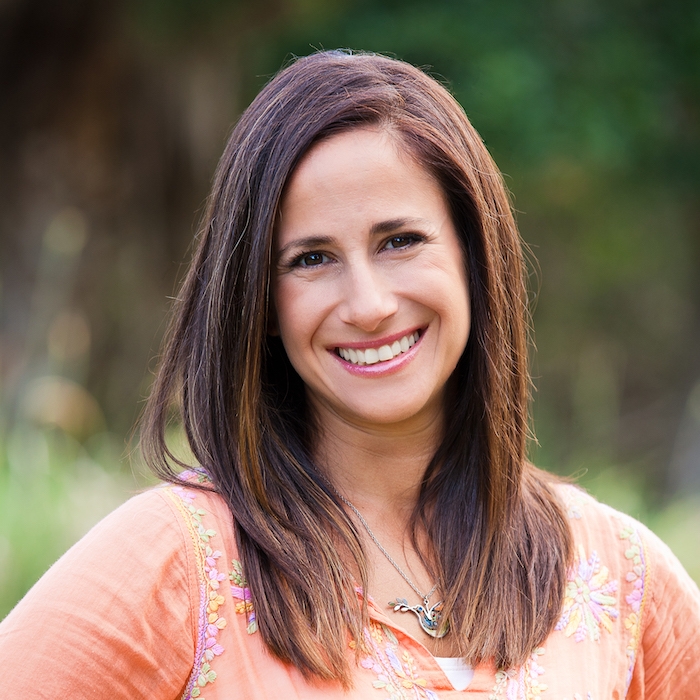Question: I have been invited to an Orthodox wedding. The family is religious and the women cover everything but their faces and hands. I am not sure how to dress for the wedding. The grandmother of the bride suggested I wear a long black dress. Do I need to cover my hair?
— Carla A.
Dear Carla,
First of all, mazal tov on the wedding.
The underlying question about attire points to a foundational value in the Jewish tradition: modesty, or tzniut in Hebrew. This value is expressed in many areas of life, directing the way we present ourselves and relate to others, but it is most notably expressed by dressing with reserve. Tzniut applies equally to men and women, but for women, modesty may mean wearing long dresses, skirts instead of pants, and long sleeves.
With your help, My Jewish Learning can provide endless opportunities for learning, connection and discovery.
Different Jewish communities express this value in different ways. While some observant communities favor dark, conservative colors and styles, modest attire can most certainly be adapted to current fashion. It’s worth noting that while a Jewish bride might cover her face with a veil on her wedding day, as the biblical matriarchs did (see Genesis 24:65), Jewish women, even in the most strictly observant communities, are never required to cover their faces out of modesty, as you might observe in other religions.
The grandmother of the bride offered good advice in suggesting that you wear a long black dress to this particular wedding. I would add that any long, dark-colored dress with a higher cut neck, closed back and long sleeves will probably suffice. You might want to consider closed-toe shoes as well.
As for your question about covering your hair, it depends in part on whether you’re married. Even in Orthodox circles, non-married women are not expected to cover their hair. However, if you are married, but don’t normally cover your hair, it might be considered respectful in this particular situation to wear a hat or a decorative head covering.

RabbiDanielle Upbin is the associate rabbi and prayer leader at Congregation Beth Shalom in Clearwater, Florida.



